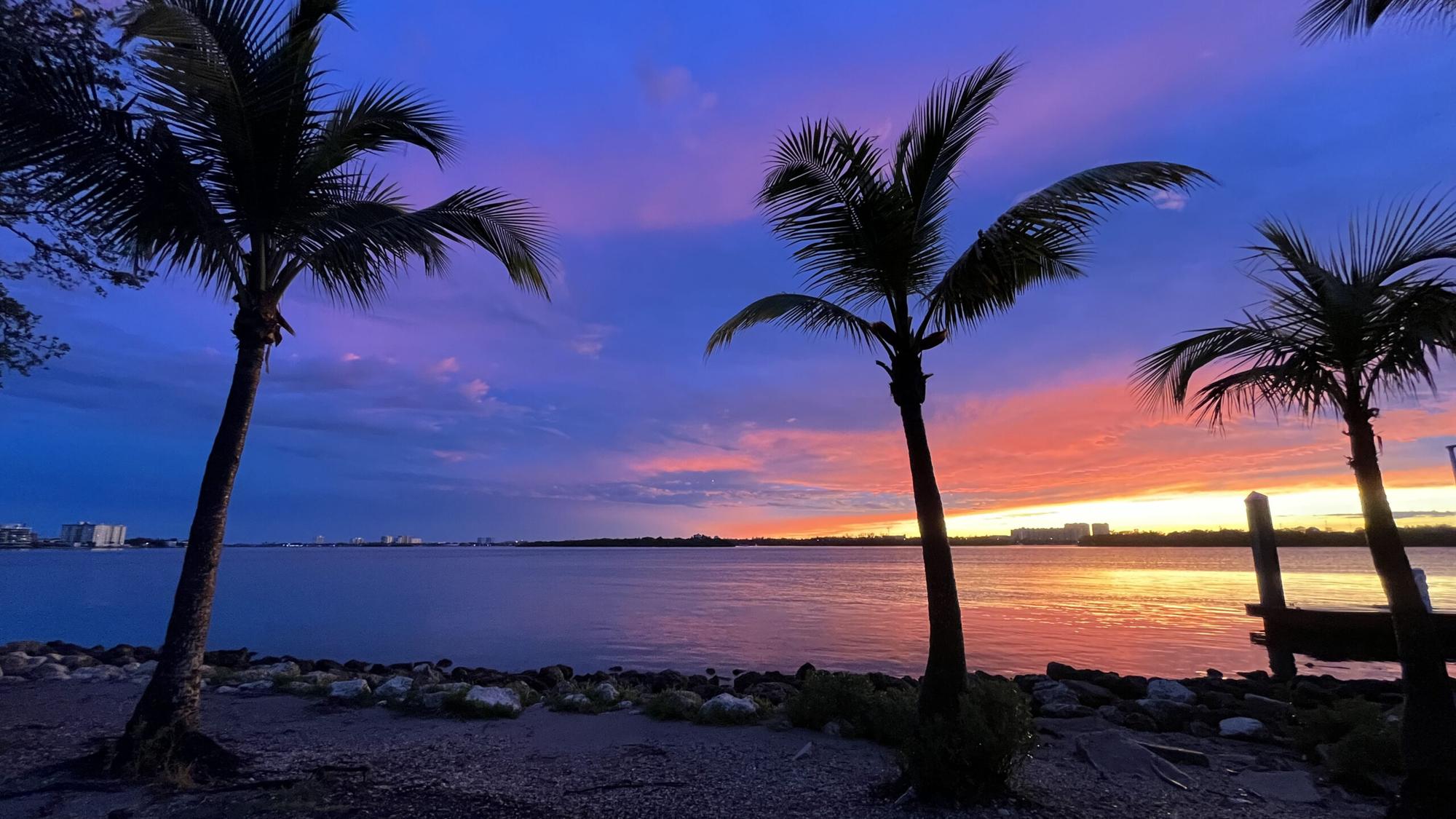As the cannabis industry continues to expand across the United States, the state of Florida has emerged as a pivotal gateway for both the legal and illegal distribution of cannabis. Given its unique geographical location, Florida faces distinct challenges and opportunities in managing cannabis distribution via land, sea, and air. This article delves into the current state of cannabis distribution laws in Florida, highlighting the complexities and legal frameworks governing the movement of cannabis through various transportation channels.
On land, Florida’s extensive road network connects it to neighboring states, some of which have differing laws on cannabis possession and distribution. While medical marijuana is legal in Florida, recreational cannabis remains illegal. This discrepancy creates legal challenges, especially when it comes to interstate transport. The state has stringent regulations in place for licensed medical marijuana treatment centers (MMTCs), which are the only entities legally permitted to cultivate, process, and distribute cannabis within the state. Transport of cannabis across state lines, even from states where recreational use is legal, is prohibited by federal law, complicating logistics for businesses operating in multiple states.
The seas offer another route for cannabis distribution, given Florida’s vast coastline and proximity to international waters. However, maritime transport of cannabis is heavily regulated by both federal and state authorities. The U.S. Coast Guard plays a significant role in patrolling waters to prevent illegal smuggling of cannabis and other drugs. For legal cannabis businesses, transporting products by sea within state boundaries is fraught with legal hurdles, primarily because federal law governs navigable waters, and cannabis remains illegal under federal statutes. This effectively bars licensed MMTCs from utilizing sea routes for distribution within the state.
Air transport presents similar challenges for cannabis distribution in Florida. The state’s numerous airports could potentially serve as hubs for the distribution of cannabis products. However, as with maritime transport, the federal government regulates airspace, and the Federal Aviation Administration (FAA) has strict rules against the use of aircraft for transporting controlled substances, including cannabis. This means that, despite the legalization of medical marijuana in Florida, air transport of cannabis, even for legal purposes within the state, remains off-limits.
While Florida’s strategic location makes it a critical point for the distribution of cannabis, the patchwork of federal, state, and local laws creates a complex landscape for the legal transportation of cannabis via land, sea, and air. As the cannabis industry continues to grow, and with ongoing discussions around the legalization of recreational cannabis in Florida, the laws governing its distribution may evolve. However, for now, businesses and individuals involved in the legal cannabis market must navigate a challenging legal environment to distribute their products.


